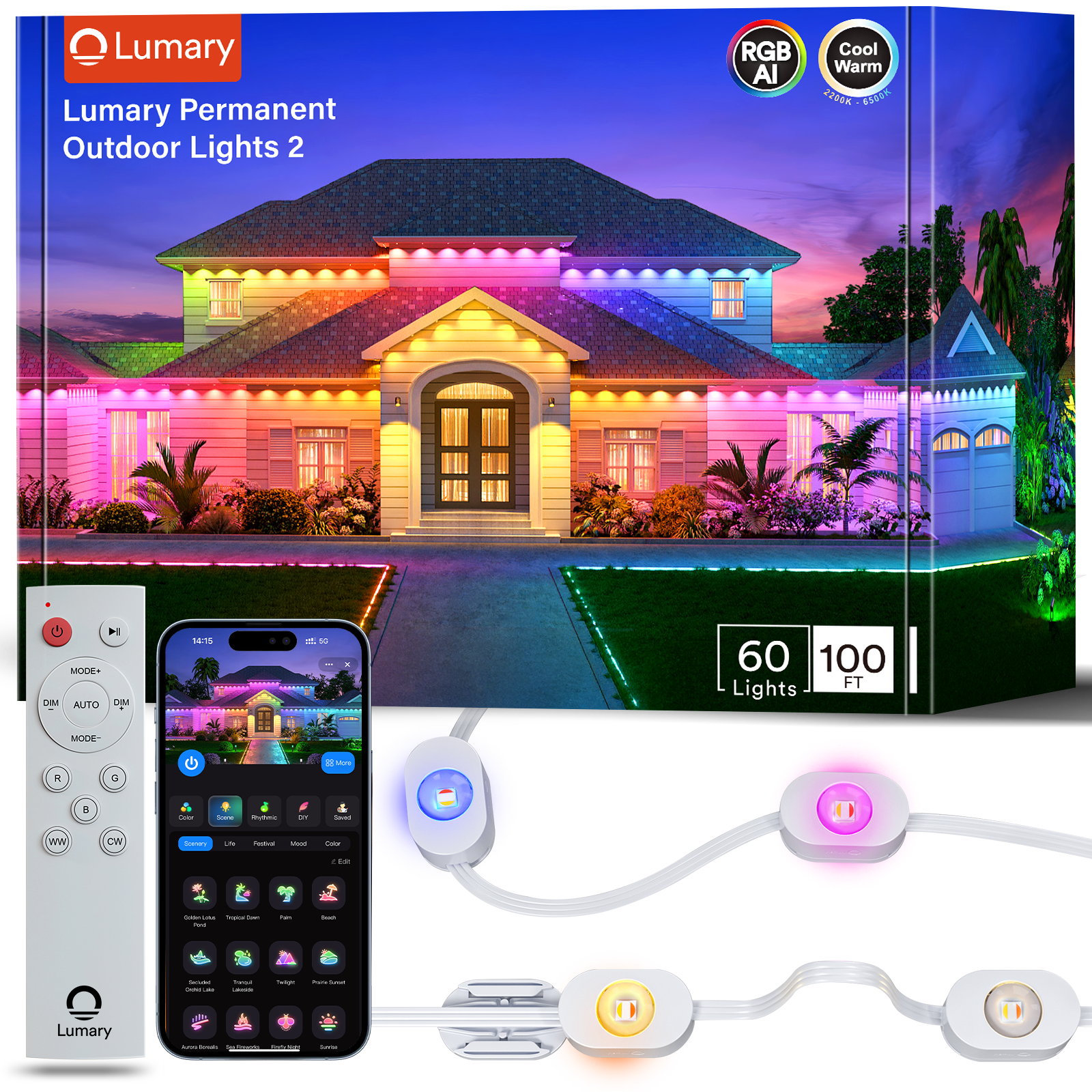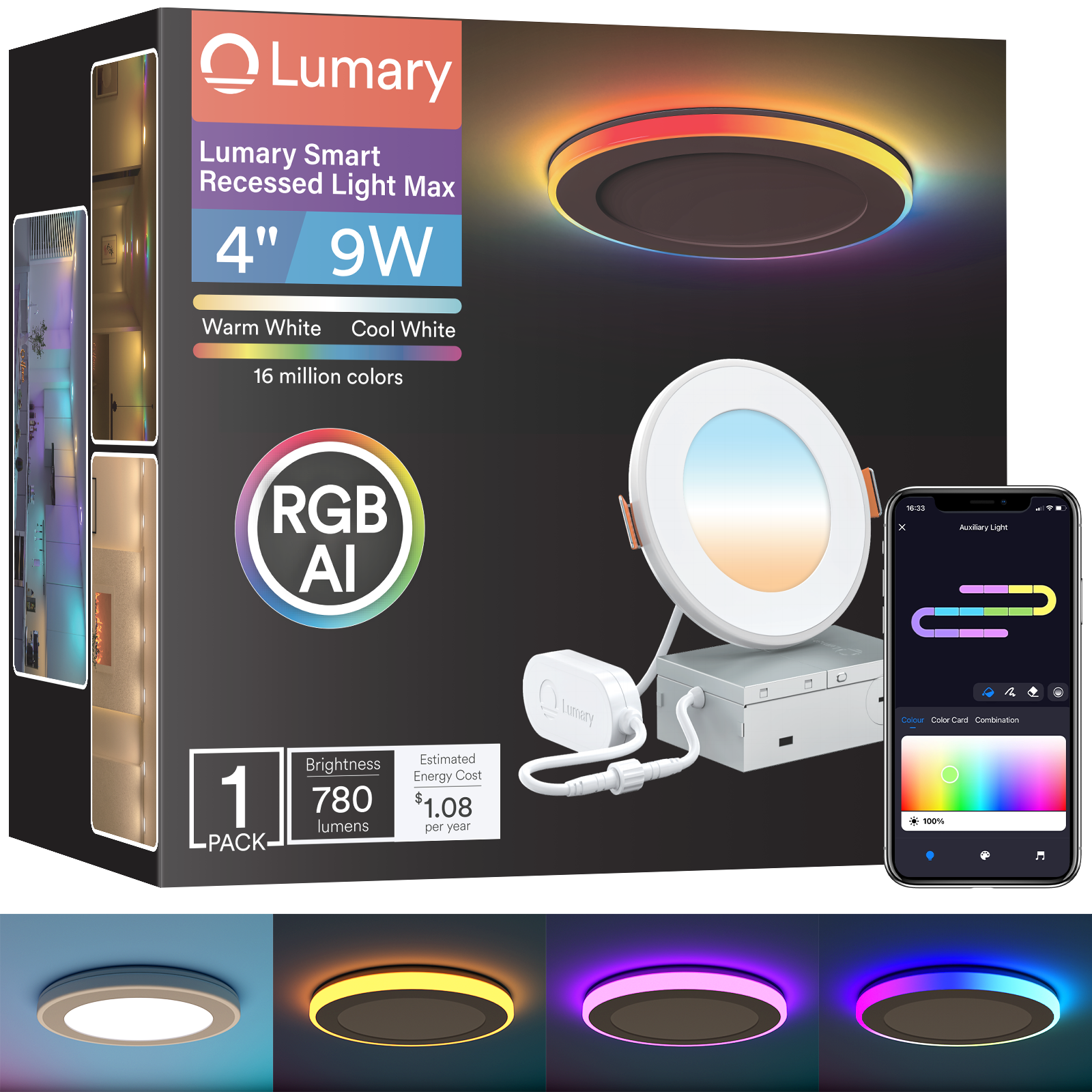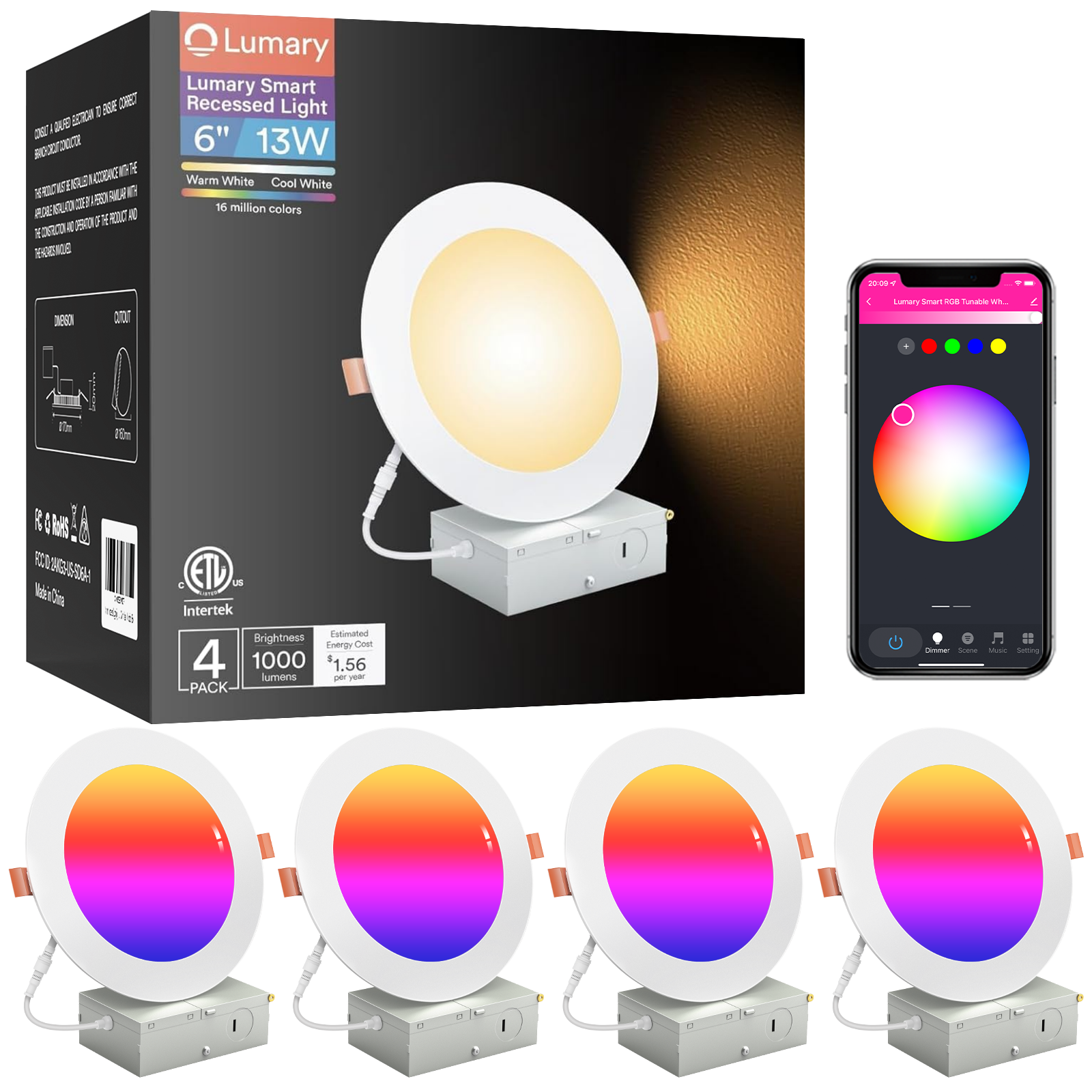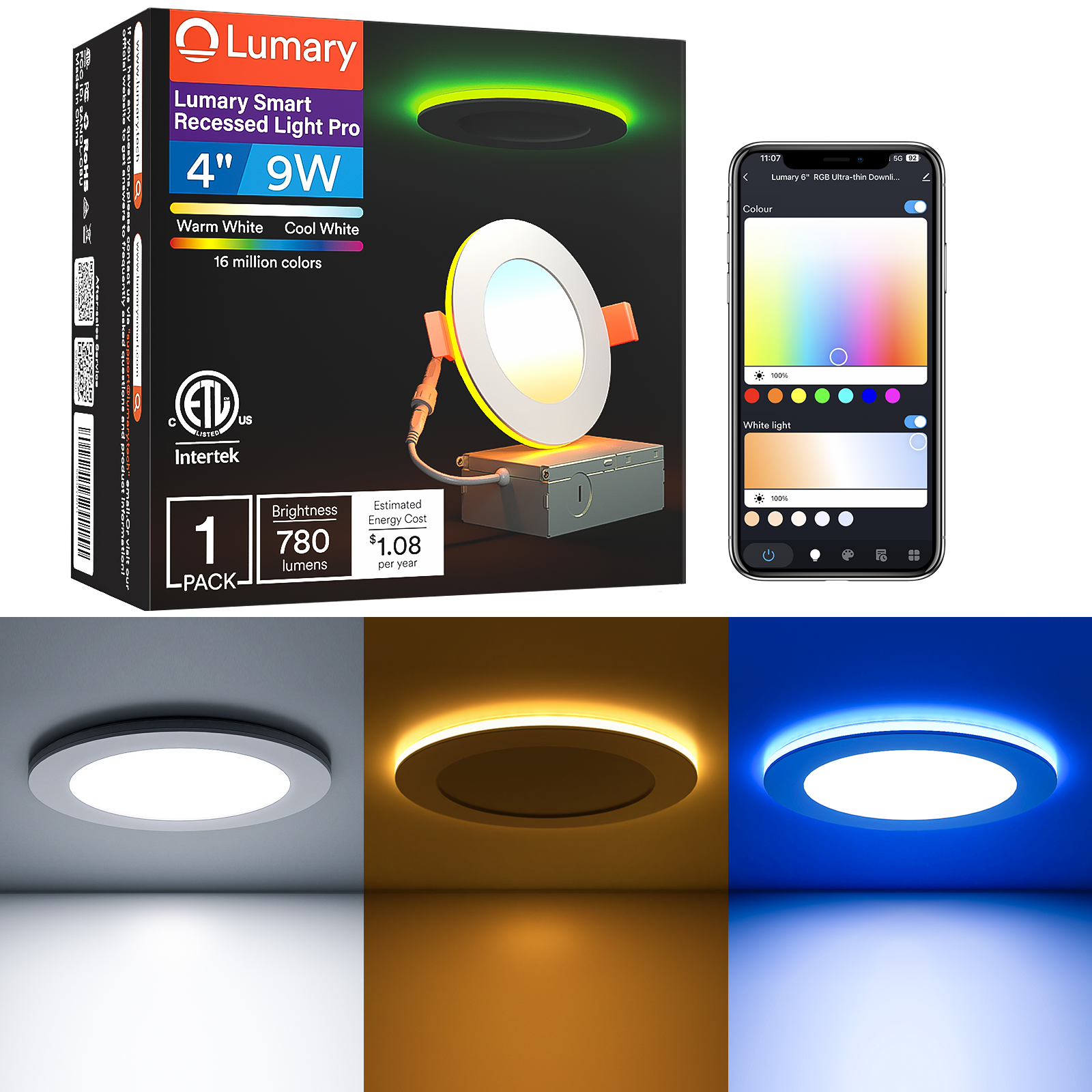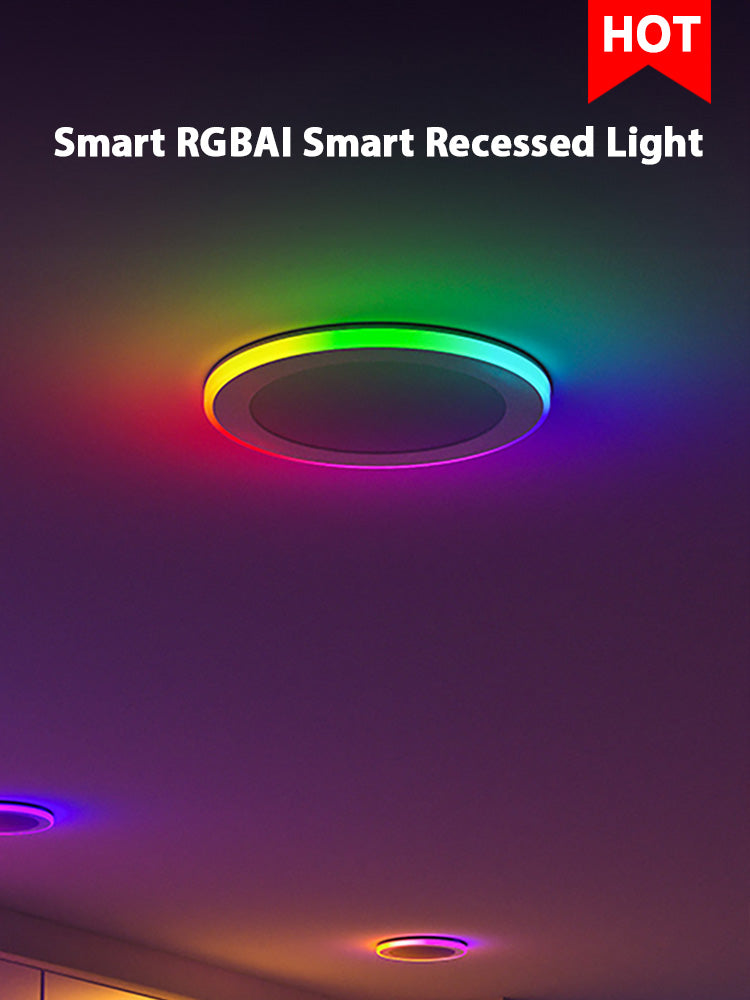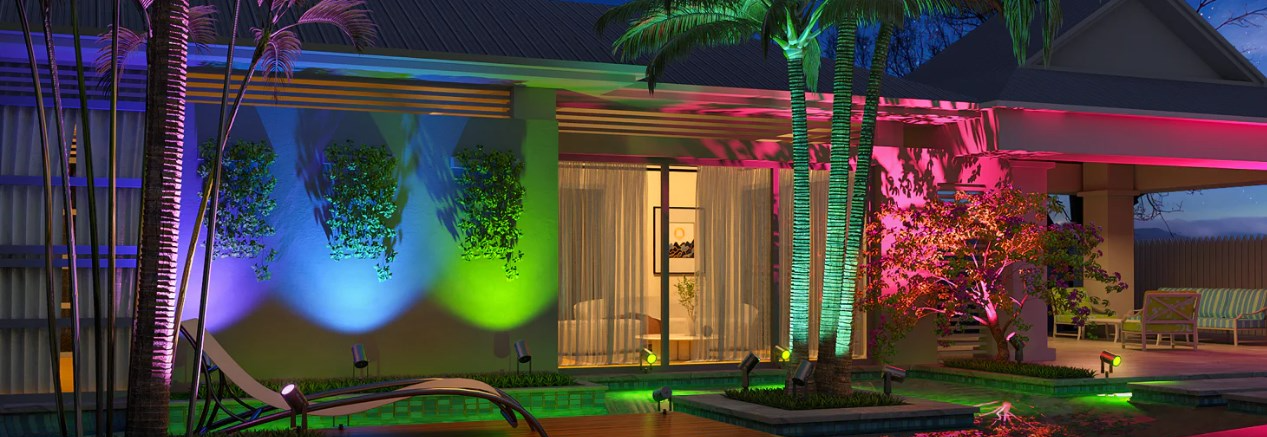Outdoor lighting proves essential for security, ambiance, and navigating landscapes once the sun goes down. As such, homeowners and businesses alike aim to illuminate gardens, pathways, perimeters, and architectural details. In providing after dark brightness, two vital options include spotlights and floodlights. But what exactly sets these popular lighting tools apart?
Getting clear on how spotlights and floodlights diverge allows better informed buying decisions. We'll compare everything from beam patterns to ideal use cases. Read on to determine which lighting best suits your unique outdoor needs.
Defining Key Outdoor Lighting Terms
Before diving into differences, let's level-set definitions for a few key terms:
- Spotlights: Emit a narrow, focused beam of light, concentrating illumination on small, specific areas.
- Floodlights: Project a wide, diffuse beam of light, broadly covering larger general areas.
- Beam Angle: This is the measure of how wide or narrow a light beam is; a small beam angle means a focused, tight light (like a spotlight), while a large beam angle means a broad, diffuse light (like a floodlight).
-
Spread: The spread is the area that light covers; with a narrow beam angle, the spread is small and concentrated, but with a wide beam angle, the spread is large and covers more ground.

Keep these foundational meanings in mind as we explore how spotlights and floodlights fulfill distinct lighting goals.
|
Aspect |
Outdoor Floodlights |
Outdoor Spotlights |
|
Beam Width |
Wide beam spread, typically more than 45 degrees and up to about 120 degrees |
Narrow beam focus, typically between 15 to 45 degrees |
|
Generally broader distribution with lower intensity per area |
Higher intensity focused on a specific point or small area |
|
|
Coverage |
Expansive areas like parking lots, landscape, and façade lighting |
Targeted areas such as statues, flags, and architectural details |
|
Distance Coverage |
Designed for wide coverage at short to medium distances |
Engineered for precise illumination at medium to long distances |
|
Installation |
Commonly mounted on walls, eaves, poles, or the ground |
Typically mounted on ground stakes, walls, or poles |
|
Primary Use |
Security lighting, ambient lighting for large spaces |
Accent, task, or feature lighting |
|
Energy Consumption |
Can vary; LEDs are more energy-efficient |
Generally lower, especially with LEDs, due to targeted use |
|
Bulb Types |
LED, Halogen, Metal Halide, Compact Fluorescent (CFL) |
LED, Halogen, Incandescent, High-intensity Discharge (HID) |
|
Adjustability |
Some models come with adjustable angle and motion sensors |
Usually equipped with adjustable heads for directed illumination |
|
Cost Implications |
Varies based on technology and size; cost-effective for coverage |
May vary; potentially higher cost per unit due to precision features |
Spotlights: Accenting Priorities Through Concentrated Beams
Think spotlights whenever seeking to create drama by highlighting architectural details, garden elements, or other small scale focal points. These directional lights shine a tight beam ideal for focusing attention, casting shadows, and modeling three-dimensional textures.

Spotlights function excellently for outdoor accent lighting applications thanks to intense, concentrated beams emerging from reflector heads. The narrow beam angle translates to noticeable brightness on whatever the user aims it towards, from statuary to flowering shrubs to safety hazards.
And spotlights prove incredibly versatile through adjustable heads enabling directing light precisely where desired. Rotating the spotlight fixture through various angles permits not only tailoring beam location but also width and shape to a degree. Such flexibility and customization make spotlights a frequently used outdoor lighting tool.
Floodlights: Broad, Uniform Area Illumination
Floodlights conversely distribute luminosity across wide swaths, providing general ambient brightness perfect for navigating gardens, patios, driveways, and yards once sunset approaches. Unlike a spotlight's tight directionality, floodlights cast a dispersed beam spanning outward at broad angles.
This wide beam spread leads to relatively lower intensity than what spotlights output given the broader coverage area. But for evenly illuminating walking paths, building facades, or lining property perimeters, floodlights bathe entire zones in uniform light successfully. They prevent dark pockets while spotlighting priorities remains impractical.
LED Fixture Advancements Enhance Effectiveness
The rise of LED lighting over the past decade allows both spotlights and floodlights to reach optimal utility. LED not only reduces energy consumption but also enables precise optic and electronics design, boosting overall lighting functionality.
Modern LED spotlights with refined reflectors and lenses concentrate light efficiently with minimized spill. And LED floodlights distribute broad, uniform brightness across wider targeted areas than previously possible. Outdoor lighting buyers gain increased choice and specialization for accenting or visibility needs.
Notable Ways Spotlights Diverge From Floodlights
Having covered their respective strengths individually, let's examine how spotlights and floodlights differ in key aspects:
- Beam Focus Spotlights emit a tight column of light, whereas floodlights disperse wider illumination.
- Coverage Area Spotlights illuminate specific smaller points while floodlights blanket more expansive zones.
- Adjustability Spotlights frequently feature movable heads enabling directing light while floodlights remain fixed.
- Brightness & Intensity Spotlights seem brighter to the eye, given light concentrates, while floodlights appear ambient.
Which Works Best in Common Outdoor Places
But in practice, when exactly should homeowners and landscape architects leverage spotlights versus floodlights? We'll compare ideal usages across some typical external areas next.
Gardens & Landscapes
Ensuring gardens become visible yet eye catching after dark requires a balance of general and accent lighting. Rely on floodlights to provide overall brightness across garden beds, seating areas, and main pathways. Spotlights generate defined pools of light on features meant to capture attention - water fountains, flowering specimens, and art installations.
Yards, Patios & Decks
For broadly illuminating multipurpose areas where families cook out, dine and relax, floodlights prove the tool for uniform light. Uplighting surrounding trees with spotlights adds visual interest.
Driveways & Pathways
Lining driveways and front walkways with floodlights assists visitors in navigating properties safely. Spotlights help identify tripping hazards or other safety issues.
Building Facades & Signage
Floodlights mounted on structures wash entire exteriors in brightness, bringing signs into full view. Spotlights become unnecessary and ineffective here, given wide coverage needs.
Security & Safety
Strategically positioned floodlights around property perimeters enhance after-dark safety through visibility, eliminating hiding spots. Spotlight activation by motion sensors helps identify intrusions at entry points.
In most situations, flood lighting handles general illumination while spotlights neatly accent. Combining both is what allows transforming basic brightness into striking, memorable outdoor lighting designs.
Tips for Picking Spotlights & Floodlights
When selecting outdoor lighting fixtures, consider intended placement and lighting goals to choose an appropriate combination of spotlights and floodlights:
➢ Floodlights Illuminate driveways, yards, larger gardens, signs, and perimeter security lighting. Select models with at least 4,000 lumens for effectively covering areas larger than 200 square feet.
➢ Spotlights Highlight smaller garden zones under 200 square feet, architectural elements, and safety hazards. Models with 1,000-3,000 lumens work well for focused beams.
➢ Adjustability Spotlights with rotational capability or adjustable heads allow directing light precisely. Consider vertical tilting for tree uplighting.
The Prominent Role of Outdoor Spotlights
Outdoor spotlights hold a special distinction from standard flood lighting for their precision control over illuminating spaces. Specifically:
Aesthetic Flexibility for Homeowners
- Spotlights artfully showcase garden sculptures, water installations, and specimen plantings with adjustable aims to highlight features.
- The focused beam lets homeowners theme spaces through dramatic lighting of specifics.
Commercial Impact on Businesses
- Retailers angle spotlights to draw customer attention towards merchandise and signage from a distance.
- Intriguing shadows or alternative light angles showcase products uniquely.
Security Enhancement
- Spotlights activated by motion sensors deter unwanted visitors at entry and exit points through bright lighting.
- Adjustable heads allow positioning illumination precisely where needed most.
Conclusion
Properly differentiating between spotlights vs floodlights allows for optimizing after dark spaces for both eye catching beauty and navigable safety. Each imparts unique lighting advantages outdoors. Rely on adjustable spotlights for emphasizing artistic touches with tunable beams. Depend on floodlights to establish baseline brightness across walking zones. Blend both for maximizing form, function, and security outside once the sun sets.



